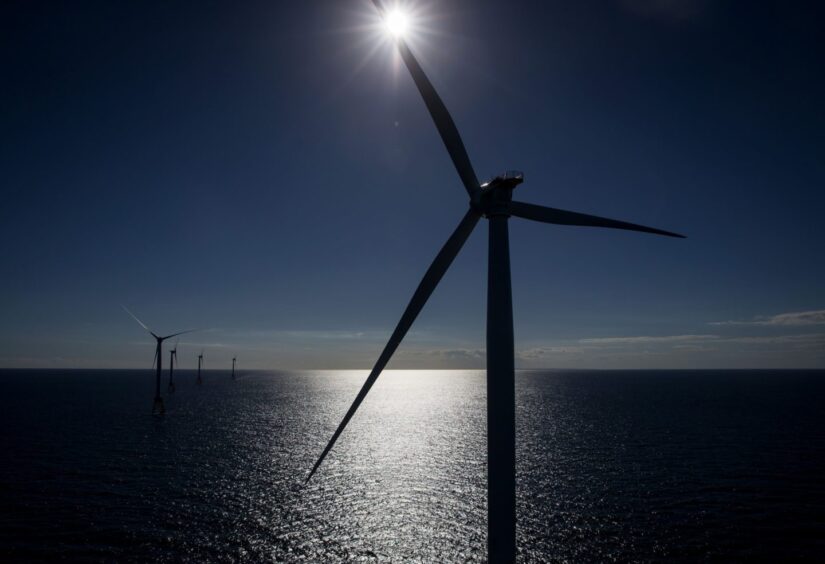
Offshore Energies UK (OEUK) has released new guidelines to help offshore wind developers decommission old turbines.
The document provides a summary of relevant regulations and best practices for the technical design and environmental protection to ensure offshore wind projects are decommissioning safely and timely.
With the UK holding its first offshore wind leasing rounds in 2001, there are now around 14.8GW installed in the country’s waters.
With an offshore wind turbine having an average design life of 20-30 years, hundreds of units may be nearing the end of their operational life and require decommissioning by 2030.
However, the removal of a wind turbine is a costly process, requiring cutting and transporting large steel components.
The new guidelines were informed by a two-year joint exercise involving multiple specialists from across the offshore wind industry to adapt oil and gas decommissioning experience for offshore wind.
When the oil and gas industry started, offshore infrastructure was largely designed and installed with minimal consideration for decommissioning.
However, the report noted, the industry has a better understanding of decommissioning, not only gaining skills in taking down infrastructure, but designing and installing it with decommissioning in mind.
The report helps apply this experience to the offshore wind sector. It particular, it noted that the renewable industry must integrate decommissioning considerations at their project’s inception, with a greater focus on designing for decommissioning.
Wind farms should be designed on the basis that their end-of-life phase will be integral to their design, just as much as their operational requirements
Decommissioning manager at OEUK Ricky Thomson said: “We are doing amazing things to unlock our sustainable future and deliver the integrated energy system that we all want to see.
“This industry has a proud record of meeting its decommissioning obligations while driving down cost through collaboration, innovation and long-term planning. By working with regulators, governments and policymakers, we can create excellence.
“The work we do today is critical not only for the communities and industries that rely on our sector – but also for the generations that will follow.”
He added: “Decommissioning in the right way will mean future generations inherit a sector that is proud of its achievements and ready for the challenges ahead.
“It is not only a key part of our ongoing licence to operate but also a huge opportunity to build on our North Sea success story.”
Recommended for you
